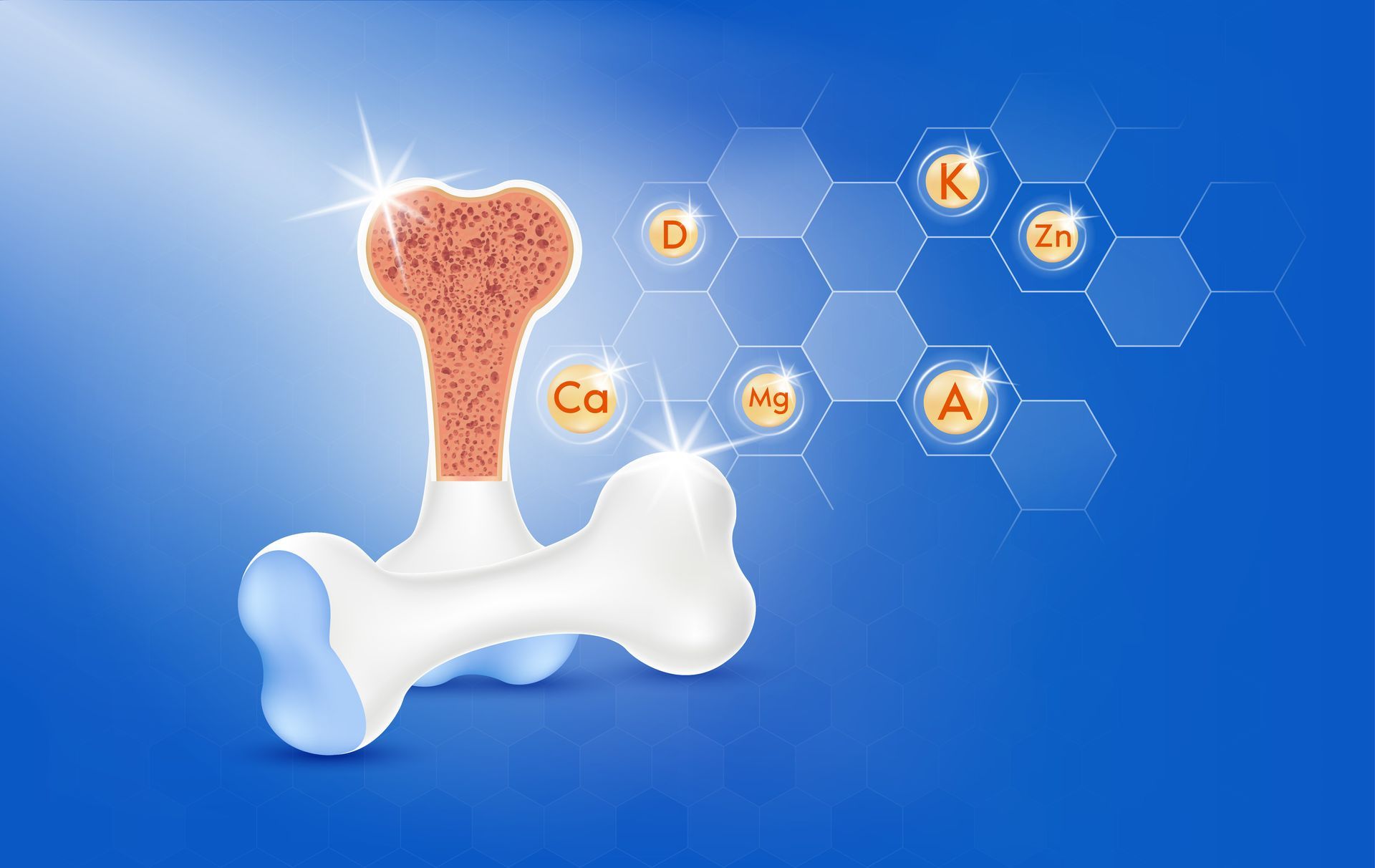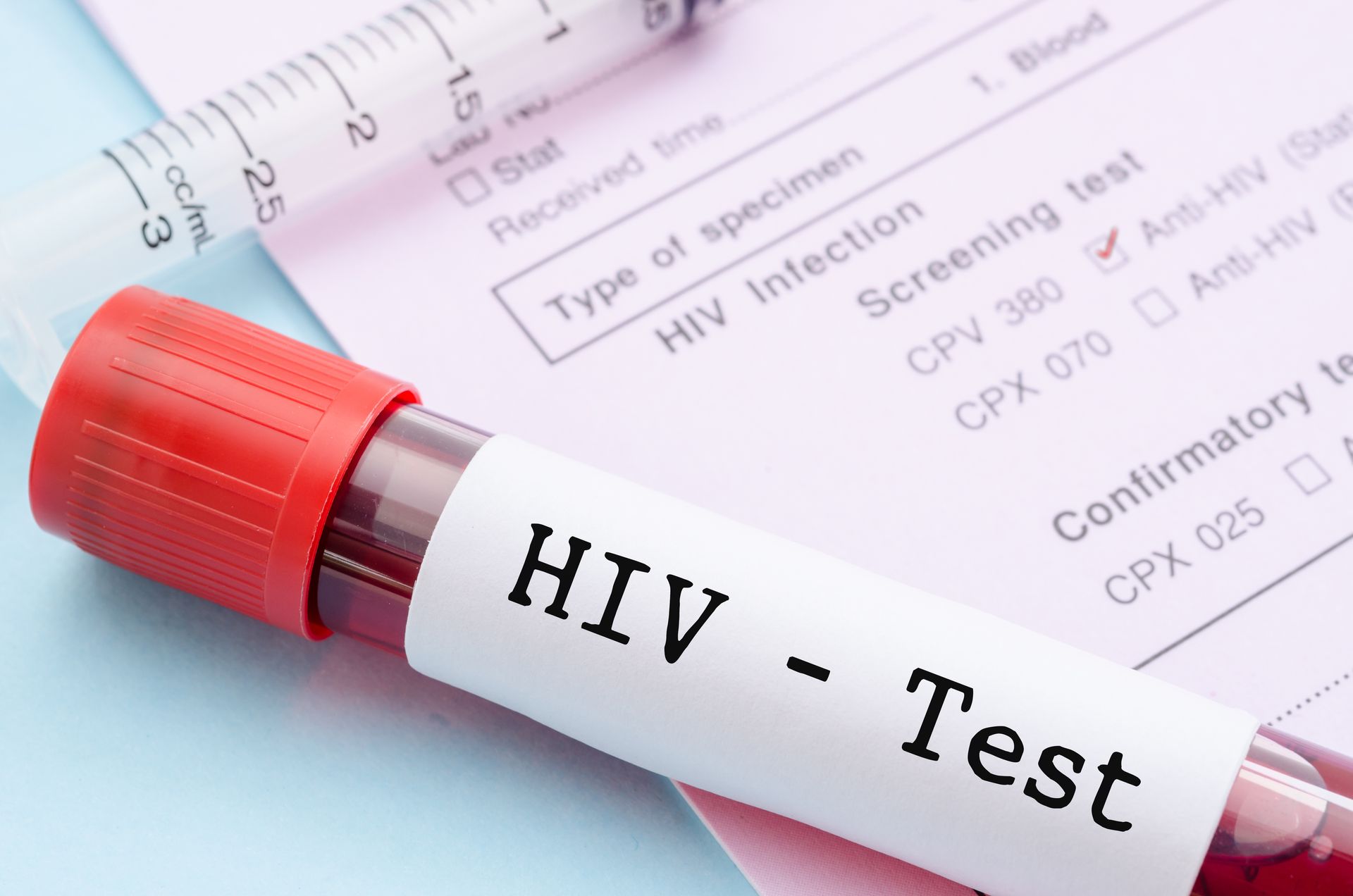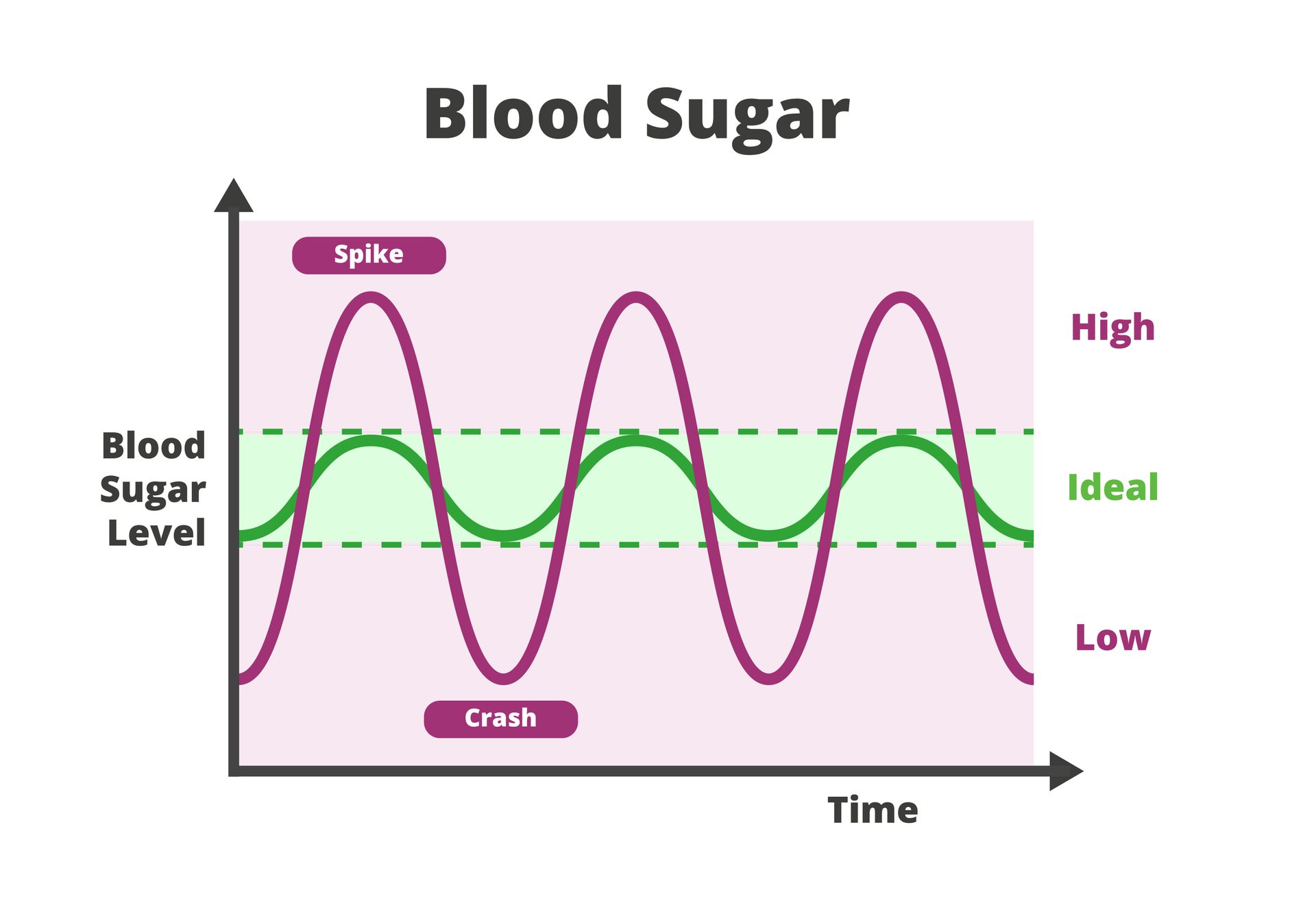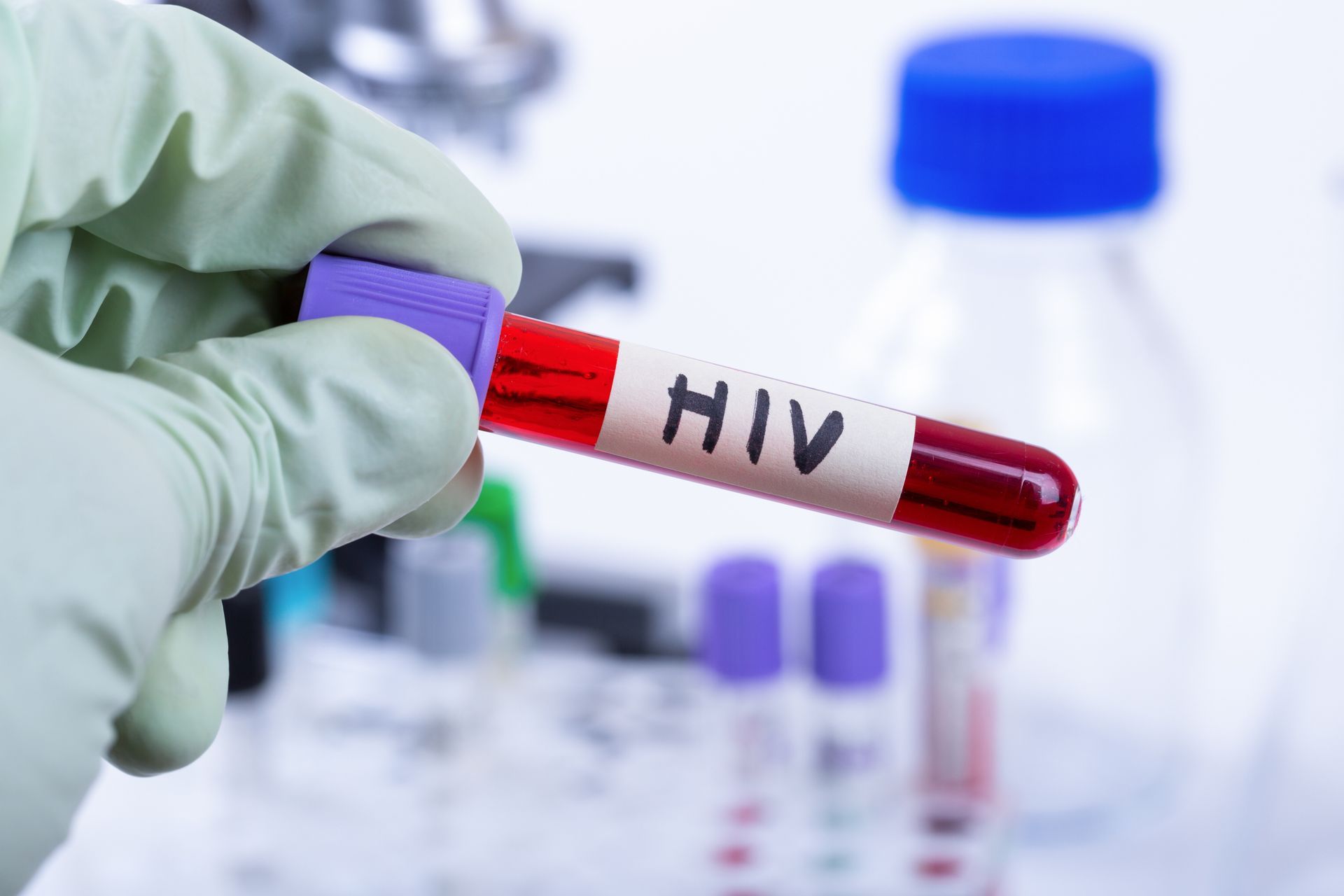Recent Posts
How Primary Care Helps Monitor and Protect Your Bone Health as You Age

As we get older, our bones naturally lose strength, flexibility, and density. What starts as a gradual change in our 30s and 40s can lead to serious health risks like osteoporosis, fractures, and decreased mobility later in life. The good news? Your primary care provider (PCP) can help you preserve your bone health by monitoring density, recommending lifestyle changes, and prescribing therapies before a serious problem arises.
Bone health may not be a frequent topic of conversation in the exam room—but it’s essential to aging well. Through screening tests, lab work, and lifestyle coaching, your PCP helps prevent bone loss and catch early warning signs of conditions that could lead to fractures or long-term disability.
What Happens to Your Bones as You Age?
Bones are living tissue, constantly being broken down and rebuilt. As you age, the rate of bone breakdown outpaces bone formation, leading to a gradual loss in bone mass.
For postmenopausal women and older men, this bone loss can become severe, resulting in osteoporosis, where bones become brittle and more prone to breaks. Because bone loss often occurs without symptoms, regular monitoring is critical.
How Primary Care Providers Monitor Bone Health
Primary care doctors are trained to evaluate bone health risk factors and determine whether preventive steps, monitoring, or testing are necessary.
Risk Factor Assessment
During routine exams, your PCP will assess your risk of bone loss based on:
- Age (especially over 50)
- Sex (women are at greater risk)
- Family history of osteoporosis or fractures
- Lifestyle factors like smoking, alcohol use, and low activity
- Nutrition, particularly calcium and vitamin D intake
- Medical history, including autoimmune conditions or corticosteroid use
By identifying these risks early, your PCP can recommend changes or interventions to protect your bones.
Bone Density Testing (DEXA Scan)
The most direct way to assess bone health is through a bone mineral density (BMD) test, typically done via a DEXA scan.
Key points:
- Recommended for women 65+ and men 70+, or earlier if high risk
- Results include a T-score, identifying:
- Normal bone density
- Osteopenia (mild bone loss)
- Osteoporosis
DEXA scans allow your provider to track bone changes and take action early.
Blood Tests
To further understand bone health, your PCP may order blood work to assess:
- Calcium – essential for strong bones
- Vitamin D – needed for calcium absorption
- Parathyroid hormone (PTH) – helps regulate calcium
- Thyroid function – an overactive thyroid may accelerate bone loss
- Bone turnover markers – provide insight into bone loss activity
These tests offer a broader picture of your bone metabolism and help guide treatment.
Lifestyle Guidance for Bone Health
Your PCP will also recommend lifestyle adjustments that support long-term bone strength.
Nutrition Counseling
Doctors may recommend:
- Calcium-rich foods: dairy, leafy greens, almonds, fortified products
- Vitamin D supplements for low levels or limited sun exposure
- Adequate protein to support bone structure
Physical Activity Recommendations
Weight-bearing and strength-building exercises support bone density and balance:
- Walking
- Dancing
- Resistance training
- Yoga
These activities also reduce fall risk, which becomes more important as bone strength declines.
Fall Prevention Strategies
To prevent falls that can cause fractures, your PCP may recommend:
- Home safety modifications (grab bars, better lighting)
- Mobility aids or physical therapy
- Regular vision and hearing checks
When Treatment Is Needed
If your DEXA scan shows bone loss or you’ve had a fracture, your PCP might suggest:
- Bisphosphonates
- Hormone-related therapies
- Referral to a specialist, such as an endocrinologist or rheumatologis
The goal is to slow bone loss, prevent fractures, and improve quality of life.
Stay Ahead of Bone Loss With Our Healthcare Facility
Protecting your bones is a lifelong process, and your PCP is your partner every step of the way.
At St. Hope Healthcare, we take a proactive approach—screening for early signs of bone loss and guiding you through lifestyle, nutritional, and medical options that support healthy aging.
Don’t wait for a fracture to take your bone health seriously.
Call (713) 778-1300 to schedule your primary care visit with St. Hope Healthcare today.









